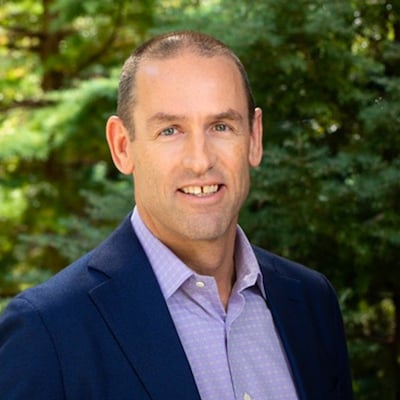
Alex Boyd
Two of PSC’s core values are to invest in the future and foster bright ideas. One of the ways we embody these values is by interacting with students interested in joining our industry. That’s why I was delighted to accept an invitation recently to address a group from Washington State University.
Before the COVID-19 confinement in March, I gave the keynote address at the 15th International Conference on Developments in Power System Protection in Liverpool. Since then, our conference participation – and basically everything else we’ve been working on – has become 100 percent virtual.
So, earlier this week, I put on my best slippers and presented in an online seminar hosted by Washington State University’s Energy Systems Innovation Center (ESIC). I spoke with a group of mostly WSU Ph.D. students and a few other folks from the electric utility industry and academia. Below are a few key points of my presentation titled, “Balancing Industry Mission with Innovation and Change.”
It’s not just about natural selection
There’s a famous quote by Charles Darwin, “It’s not the strongest of the species that survives, nor the most intelligent. It’s the one that is most adaptable to change.” This concept has proven to apply not only to a species but to organizations and beyond. Our industry is at a point in its evolution where we need to embrace change at a faster rate to ensure we continue to deliver on our shared mission to provide reliable, affordable, and safe electricity to our communities and the world.
We have a history of innovation
Our industry is seen by some as being slow. Some have even called it the ‘industry of no.’ This perception has evolved because keeping mission-critical networks running efficiently, affordably, and safely is no small feat and risk must be managed appropriately. Even so, there is a lot of innovation happening in our industry as we find ways to change faster, reduce risk, and keep the lights continuously on. Some of that innovation is already being integrated into our networks, like AMR, ADMS, and HVDC. And some are emerging like Hydrogen as a form of storage and a way to address EV range anxiety. Additionally, there is innovation happening in utilities’ business models and within regulation reform as they also adapt to a changing environment.
Trends offer foresight
Because our industry is changing faster than ever before, effective foresight is harder to come by. By keeping up with our industry and technology trends, we can use foresight to take advantage of opportunities and avoid potential problems. In this presentation, one of the examples I offered was EV integration as an innovation that is becoming a trend. EVs bring opportunity to our electricity system in the form of more flexibility from highly dispersed generation. They bring challenges as well, but acknowledging the trend – anticipating change – gives us increased control in shaping the future.
Global view with a forward focus
We are often focused on what’s right in front of us and it can be eye-opening to look beyond to the bigger picture. In that spirit, I offered a more macro example of what the World Energy Council calls the “Energy Trilemma.” The WEC has defined energy sustainability based on three core dimensions: energy security, energy equity, and environmental sustainability of energy systems. I like this tool because it supports a collaborative, global conversation about how we all contribute to energy sustainability. The WEC’s Energy Trilemma also confirmed for me that PSC’s vision, mission, and values are very much in line with the core characteristics of energy sustainability.
In closing my presentation with this WSU audience, I shared a bit of my own journey and made a plug for consideration of a business career path for engineers. Especially now in this time of rapid change, our industry needs more leaders who not only understand what their business does but also how their business works. Looking ahead, electricity is going to have an even more significant impact on our society making the work we all do even more important.
Please feel free to reach out to us if you’d like to continue this conversation.
